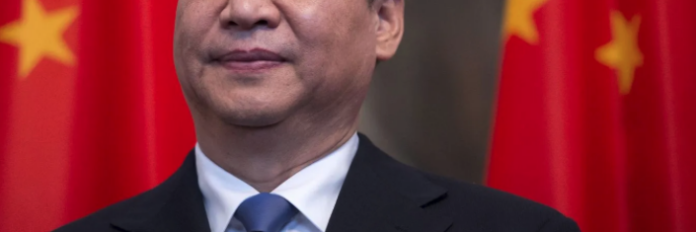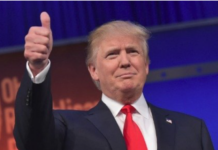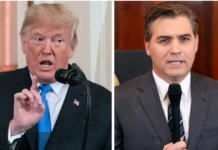Hello everyone. Today, we’re uncovering a shocking revelation about an ongoing shadow war between China and the United States.
This complex story involves a covert partnership between Chinese nationals and the notorious Sinaloa Cartel, fueling America’s deadly overdose epidemic. Let’s break down the details.
The connection between Beijing and the Sinaloa Cartel came into focus recently when federal prosecutors revealed a California-based money laundering scheme. Wealthy Chinese nationals were found exchanging currency to help conceal the cartel’s drug profits. While prosecutors stated there was no evidence the Chinese nationals knew they were laundering drug money, a former federal agent questioned this claim, given China’s extensive surveillance of its citizens.
Michael Brown, a former DEA special agent and now global director for counternarcotics technology at Rigaku Analytical Devices, told The Washington Times that Beijing tacitly approves of this relationship because it undermines America from within. “The Chinese basically are stirring the pot to keep America addicted … keep them divided,” Brown said. He views this as part of China’s larger strategy to weaken American society.
China’s indirect support for the Sinaloa Cartel is seen as one of its “nonaggressive attacks” on the U.S., alongside spying on military bases, stealing intellectual property, and encouraging cyberattacks. These actions aim to erode U.S. sovereignty, but the fentanyl trade has been particularly devastating. Fentanyl, a synthetic opioid 50 times more potent than heroin, has been a major cause of overdose deaths in the U.S., especially during the COVID-19 pandemic.
Data from the Centers for Disease Control and Prevention shows drug overdoses soared from about 75,000 per year in the spring of 2020 to over 100,000 per year by the summer of 2021. The Biden administration’s border policies have been criticized for making it easier for drugs to enter the country. U.S. Customs and Border Protection seized 27,000 pounds of fentanyl in fiscal 2023, more than the previous two years combined.
The Sinaloa Cartel sources chemicals for making fentanyl from China, with the Chinese government reportedly offering tax rebates to companies that export these chemicals. A congressional report accused the Chinese Communist Party of supporting the production and export of these dangerous chemicals.
Federal prosecutors explained that the Los Angeles-based money laundering ring processed over $50 million in cartel cash, which was then used to buy precursor chemicals from Chinese companies. These chemicals were shipped to Mexico, where the cartel used them to produce more fentanyl and methamphetamine, expanding their drug empire.
The scheme involved circumventing China’s restrictions on foreign investments, which limit citizens to investing no more than $50,000 annually overseas. Brokers helped the Chinese nationals invest large sums of money, raising suspicions about their activities.
From 2019 to 2023, two dozen people were charged in connection with the money laundering ring. Brown emphasized the need for cooperation between agencies like the IRS and the Treasury Department to track and stop these illicit cash flows. He noted that law enforcement agencies often work in silos, which hinders effective collaboration.
A one degree separation from Biden and the drug cartel trafficking fentanyl from China to the US….#BidensBloodbath #guiltyjoe#massmurder
#GenocideJoe pic.twitter.com/FH6LbZcwbR— Kaitlin Rose Boyd (@rose_boyd123) March 31, 2024
As federal authorities grapple with the fentanyl crisis, local communities are bearing the brunt of its impact. The Sinaloa Cartel has extended its influence to less-populated states like Montana and the Dakotas, where the demand for pills can bring in huge profits. Chip White, head of drug enforcement for the Mandan, Hidatsa, and Arikara Nation in North Dakota, highlighted how pills that cost a couple of dollars can sell for $80 to $100 each.
The DEA reported that nearly all fentanyl in the U.S. comes from the Sinaloa Cartel or its rival, the Jalisco New Generation Cartel.
Federal prosecutors in Southern California announced that they had uncovered a criminal case involving a Mexican drug cartel and a money laundering organization composed of Chinese people. It is reported that the Mexican drug cartel used the Chinese money laundering organization… pic.twitter.com/s8RUWiUECv
— 西喜🇪🇸Félix (@tomate9991) June 24, 2024







